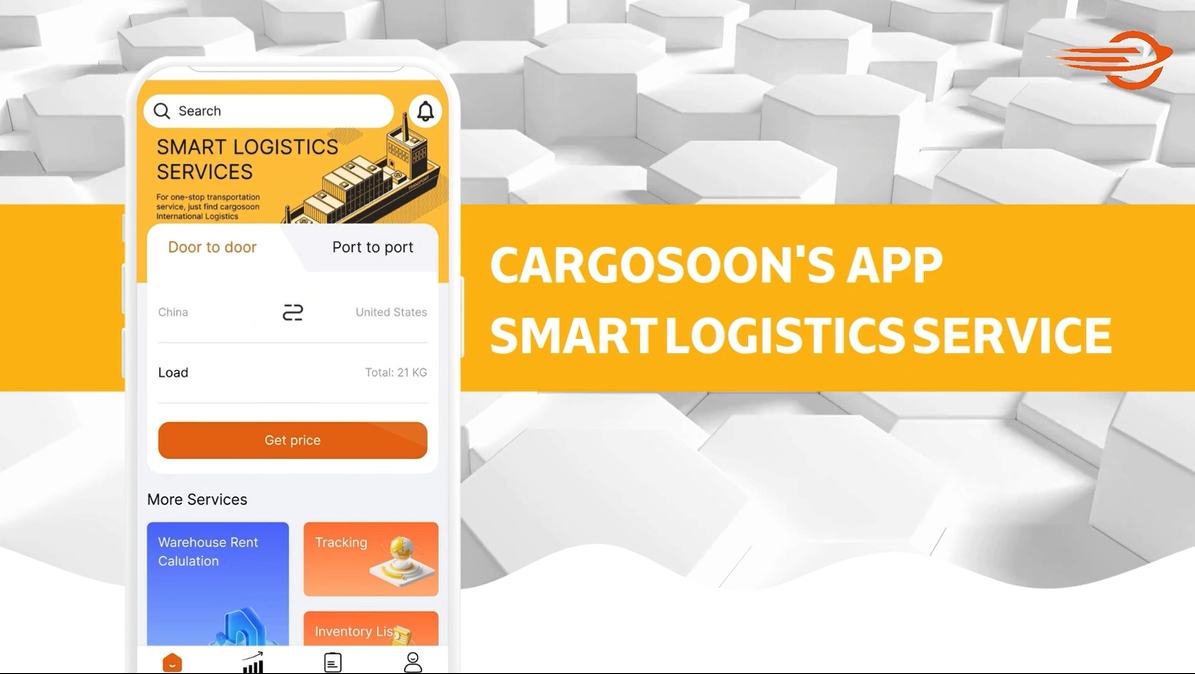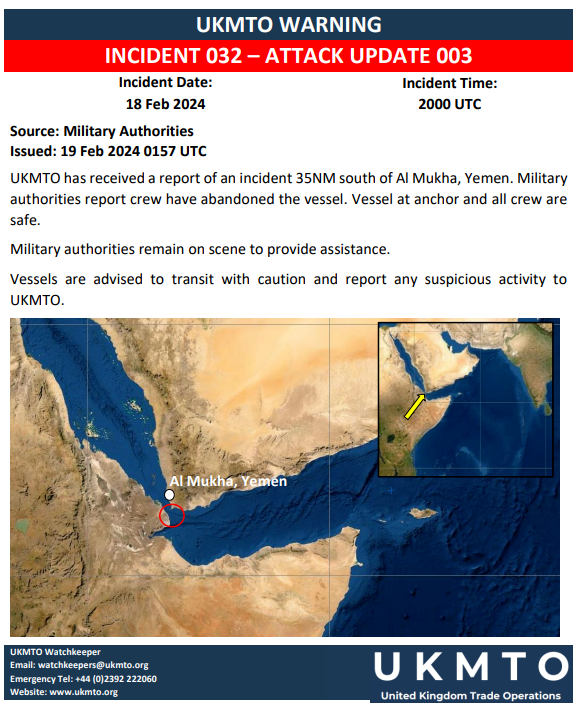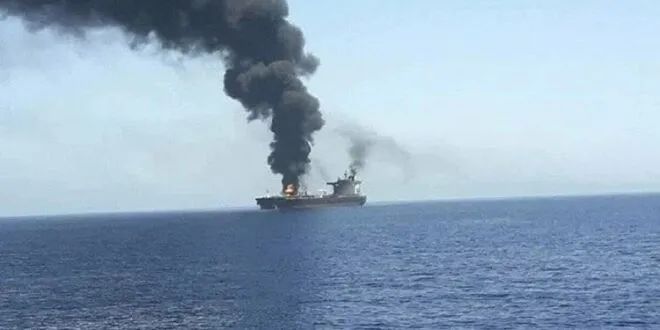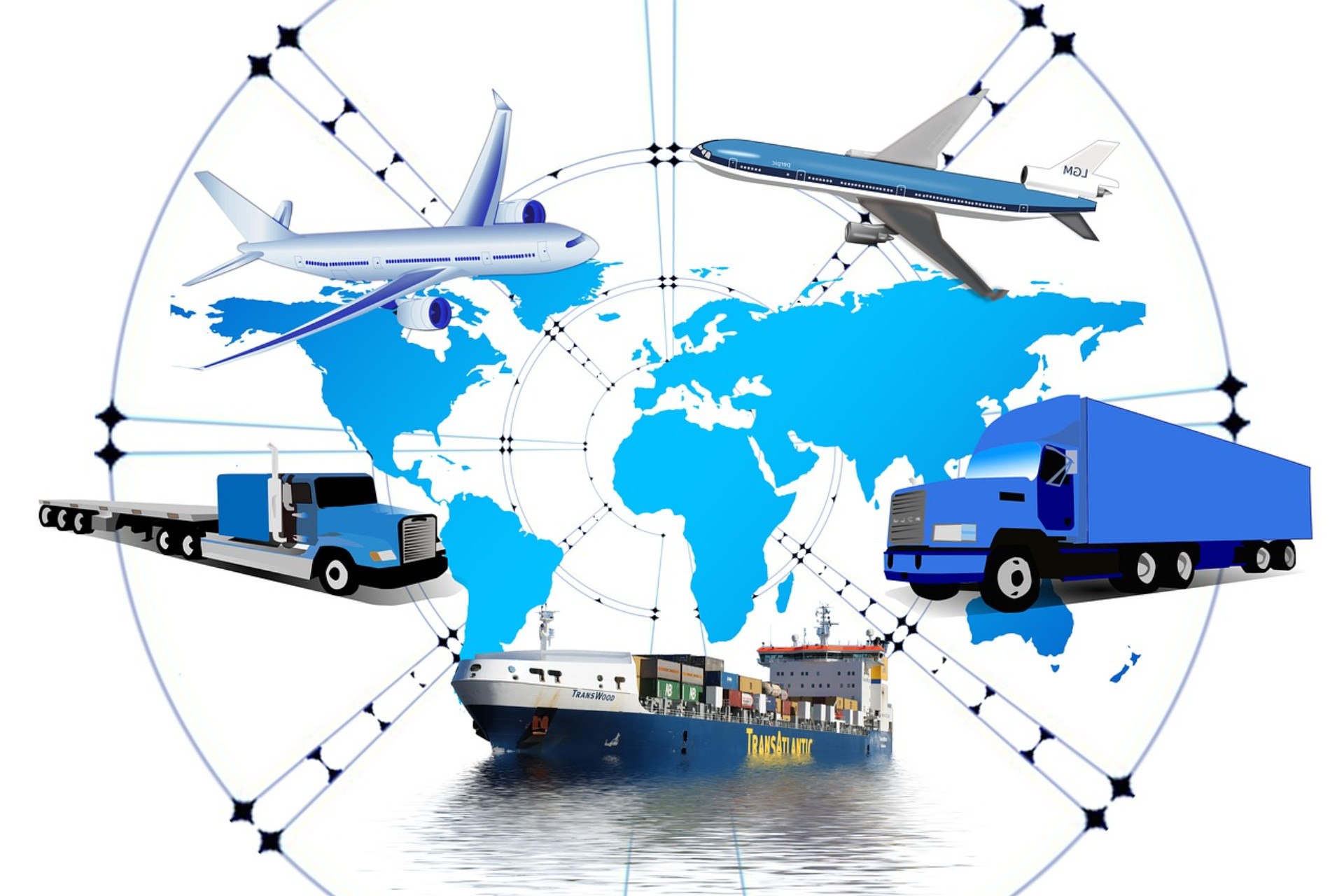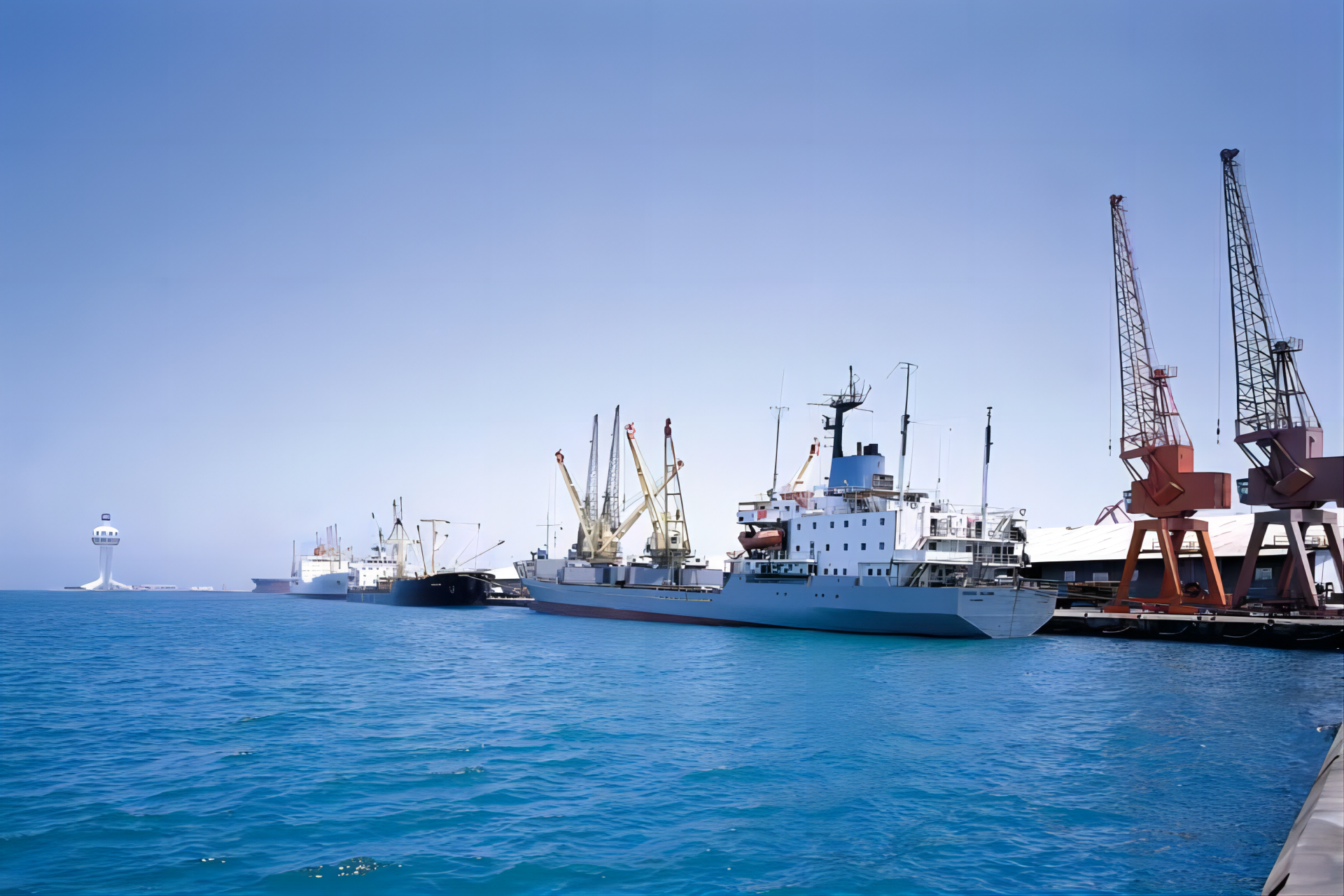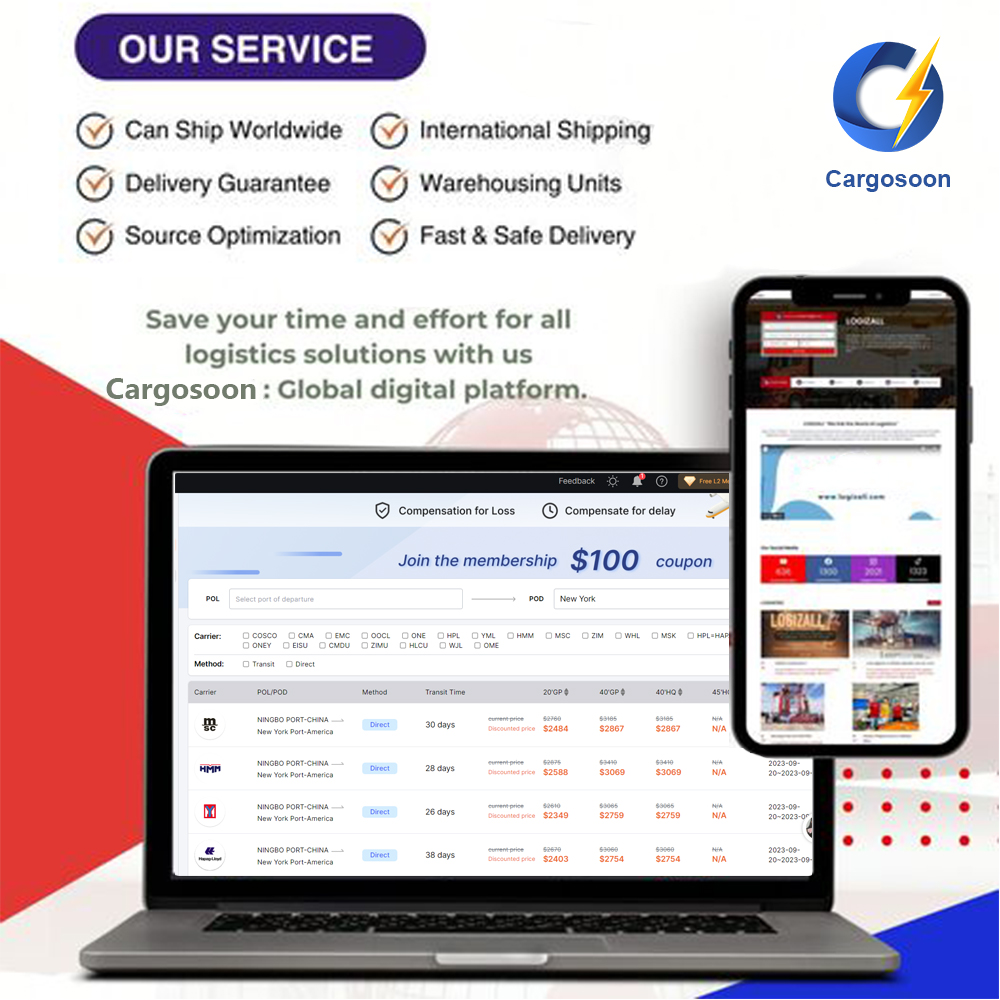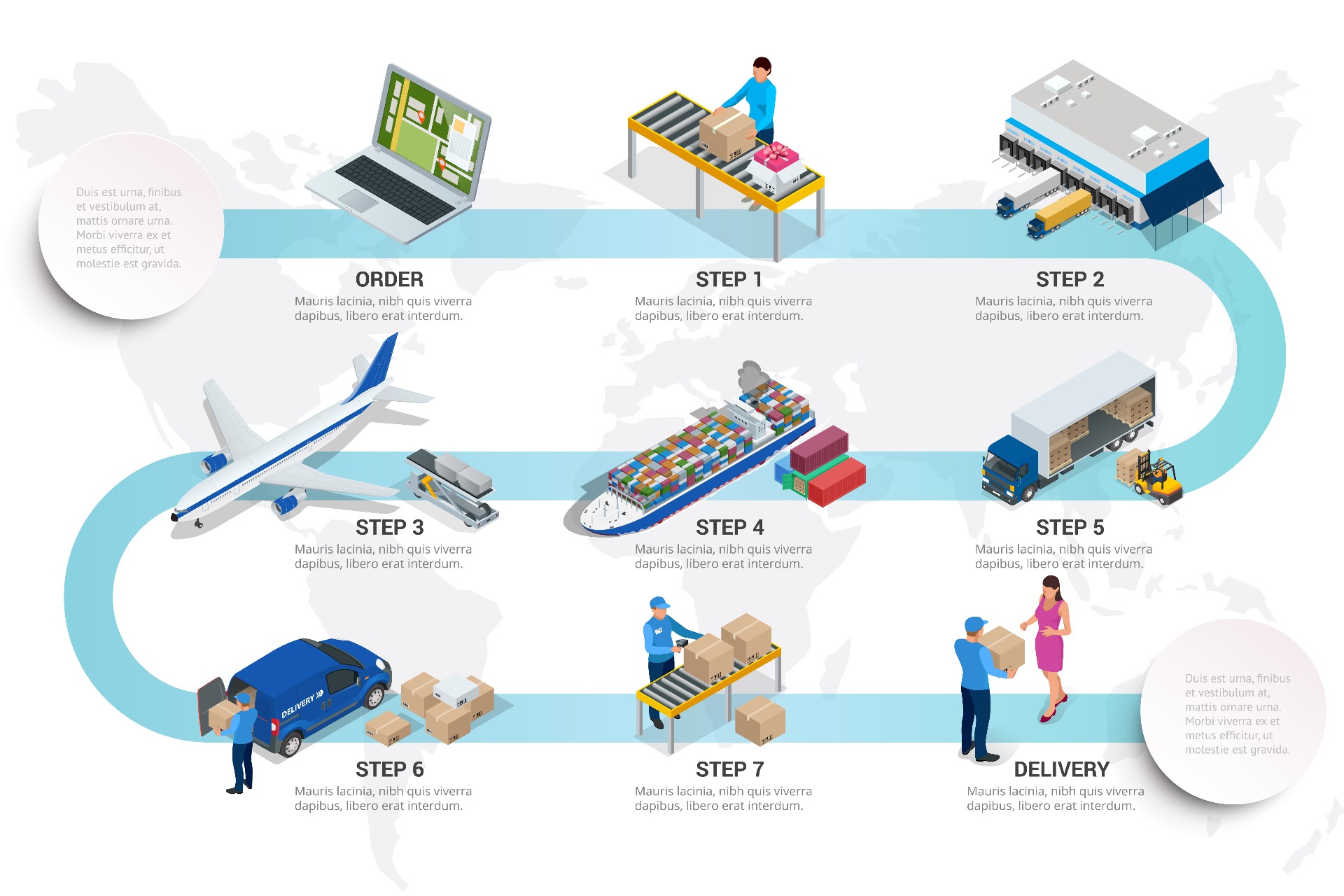With the continuous development of global trade, cross-border logistics has become the choice of more and more enterprises. In international trade, it is crucial to understand different delivery terms, among which DDP (Delivered Duty Paid) is a common delivery term. So, what does DDP by sea mean? What should we pay attention to when choosing DDP delivery?
1. It is very important to understand the meaning of shipping DDP.
DDP delivery terms mean that the seller transports the goods to the destination country and bears all related costs and responsibilities to deliver the goods to the buyer. For the importer, DDP means that the seller is not only responsible for the transportation of the goods, but also handles customs procedures, pays duties, and delivers the goods to the buyer for door-to-door service. Therefore, choosing DDP delivery can reduce the burden on the importer and complete the delivery conveniently and quickly.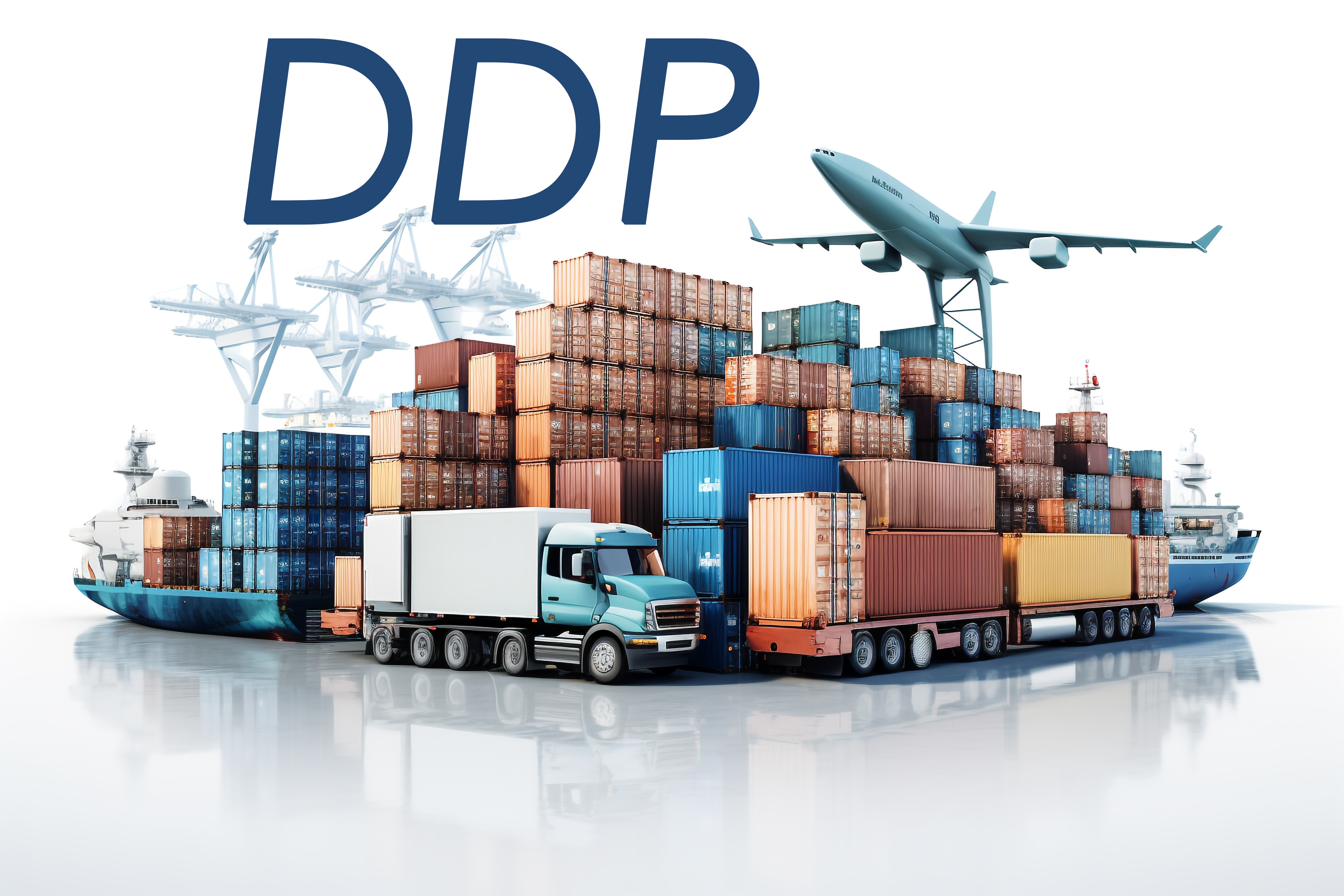
2. When choosing DDP delivery, you need to pay attention to the following points:
First, understand the customs regulations and relevant laws of the destination country. Different countries have different regulations and requirements for imported goods. Therefore, before choosing DDP delivery, you need to understand the customs regulations of the destination country to ensure that you can successfully pass customs inspection.
Secondly, the seller needs to fully understand the tariff situation of the destination country. DDP delivery requires the seller to bear the importing country's tariffs and other charges. Therefore, the seller needs to understand and calculate the relevant tariffs in advance to avoid additional charges. In addition, sellers also need to choose a reliable logistics partner to ensure that the goods can be delivered to the destination on time and safely.
Finally, determining a clear delivery time and method is also the key to choosing DDP delivery. The seller and buyer should negotiate the specific delivery time and method, and ensure that both parties are clear about the delivery details to avoid unnecessary misunderstandings and disputes.
3. It should be noted that
Although DDP delivery is convenient, it also has certain risks and challenges. The seller needs to bear more responsibilities and expenses, especially when it comes to dealing with customs formalities and duties. For example, for some high-value products or high-tariff products, when the tariffs paid during DDP terms are very high, there may be a situation where the freight collected ends up being a loss. Therefore, when choosing DDP delivery, the seller needs to fully evaluate its own capabilities and resources to ensure that it can bear the corresponding responsibilities and costs. In addition, purchasing appropriate insurance is also an important measure to protect your own interests, which can provide necessary compensation and protection when goods suffer loss or damage.
DDP delivery terms mean that the seller transports the goods to the destination country and bears all related costs and responsibilities, providing door-to-door service to the buyer. When choosing DDP delivery, you need to pay attention to the customs regulations and tariff conditions of the destination country, the selection of logistics partners, and clear delivery time and methods. When choosing DDP delivery, the seller needs to fully evaluate its own capabilities and resources, and purchase appropriate insurance to protect its own interests.






